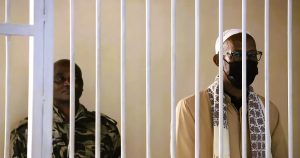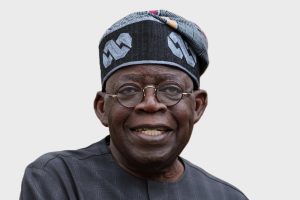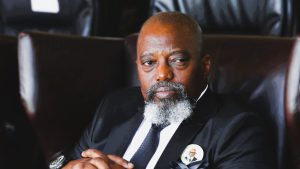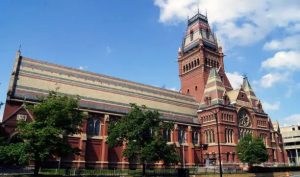Former DR Congo PM sentenced to hard labour on corruption charge
3 min read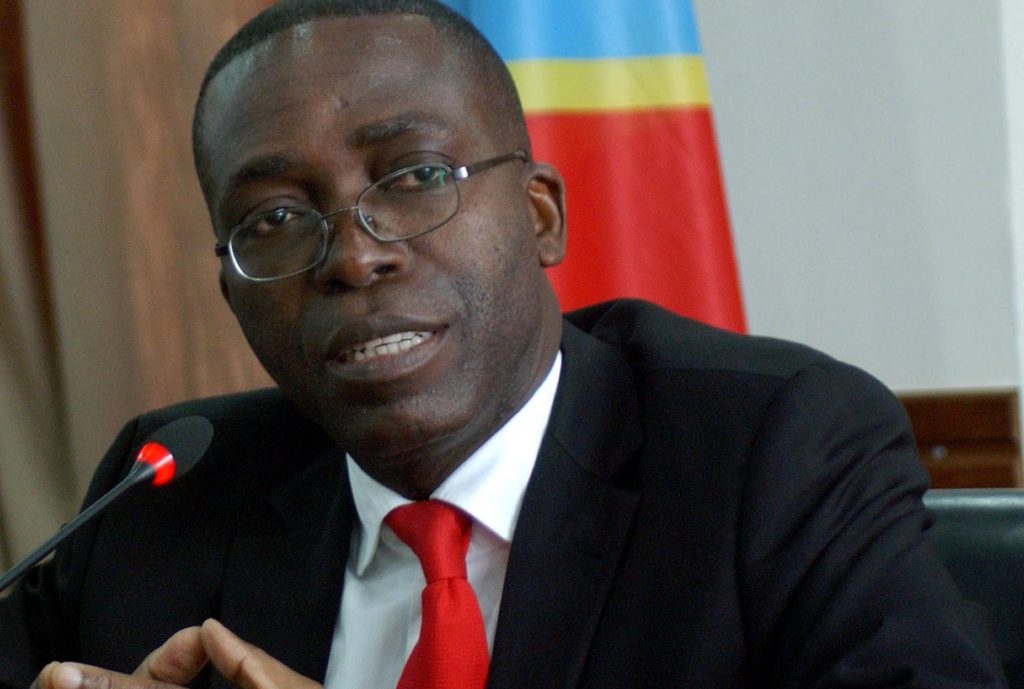
Former Congolese PM Augustin Matata Ponyo sentenced to 10 years of forced labour in a $245 million corruption scandal.
Former DRC Prime Minister Sentenced to Forced Labour Over Corruption Charges
Augustin Matata Ponyo, former Prime Minister of the Democratic Republic of Congo (DRC), has been sentenced to ten years of forced labour after being found guilty of embezzling $245 million in public funds. The ruling was handed down by the Congolese Constitutional Court on Tuesday and marks a significant moment in the country’s efforts to clamp down on high-level corruption.
Matata, who served as DRC’s Prime Minister between 2012 and 2016, was convicted alongside Deogratias Mutombo, the former governor of the country’s central bank. Mutombo received a five-year forced labour sentence in the same case. Both men have also been barred from holding public office for five years after the completion of their sentences.
The corruption case revolved around the mismanagement and theft of funds allocated to the Bukanga-Lonzo Agro-Industrial Park, an ambitious agricultural project launched to combat the DRC’s long-standing food insecurity crisis. The park, once billed as one of Africa’s largest agricultural investments, was expected to provide 22,000 jobs and boost food production for millions. However, it became a symbol of broken promises and economic mismanagement when it failed to deliver on its objectives.
The project was initially hailed as a turning point for the DRC, a nation that has struggled for decades with food shortages, instability, and corruption. According to the African Development Bank Group, the park was supposed to be a key component in improving food supply for over 28 million people in urgent need. But after years of mismanagement, the venture collapsed, and the Inspectorate General of Finance in 2020 accused several top officials, including Matata, of siphoning off massive sums of money.
Despite his conviction, Matata and his legal team have rejected the ruling, labeling it as politically motivated. His lawyer told Reuters that the trial lacked fairness and was driven by political interests rather than justice. Matata himself had positioned as a challenger to President Felix Tshisekedi during the 2023 presidential elections but withdrew before voting began.
Matata is currently the leader of the Leadership and Governance for Development (LGD) party, and his political supporters argue that the case was meant to derail his influence and discredit his past achievements. Before becoming prime minister, Matata served as the country’s finance minister and was widely praised at the time for stabilizing the DRC’s fragile economy. His economic policies even earned approval from the International Monetary Fund, making him a rare figure in Congolese politics lauded for financial expertise.
While Mutombo, the former central bank governor, has not made any public statement regarding the ruling, his inclusion in the case highlights the broader scope of corruption within high-ranking financial institutions in the DRC.
The use of forced labour as punishment, while legal under Congolese law when mandated by a court, has drawn criticism from international human rights organizations. According to the U.S. State Department, forced labour sentences, especially in political cases, often raise questions about due process and judicial independence.
The ruling is likely to have significant implications for the DRC’s political landscape and anti-corruption campaign. It sends a strong message about the government’s stated commitment to holding even top officials accountable for corruption. However, critics fear that the trial could deepen political divides and may be seen by some as an attempt by the current administration to weaken opposition figures.
As the DRC continues to struggle with systemic corruption, economic instability, and humanitarian crises, the fallout from this high-profile case will be closely watched both domestically and internationally.


